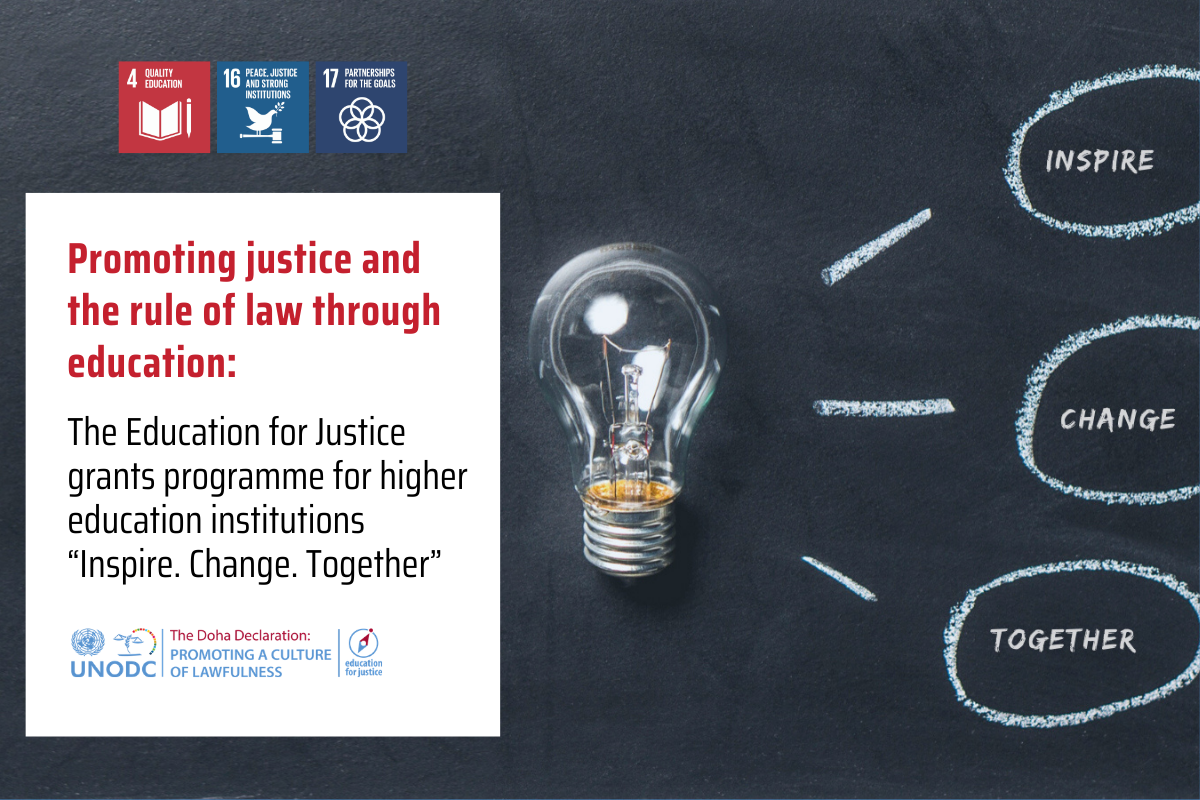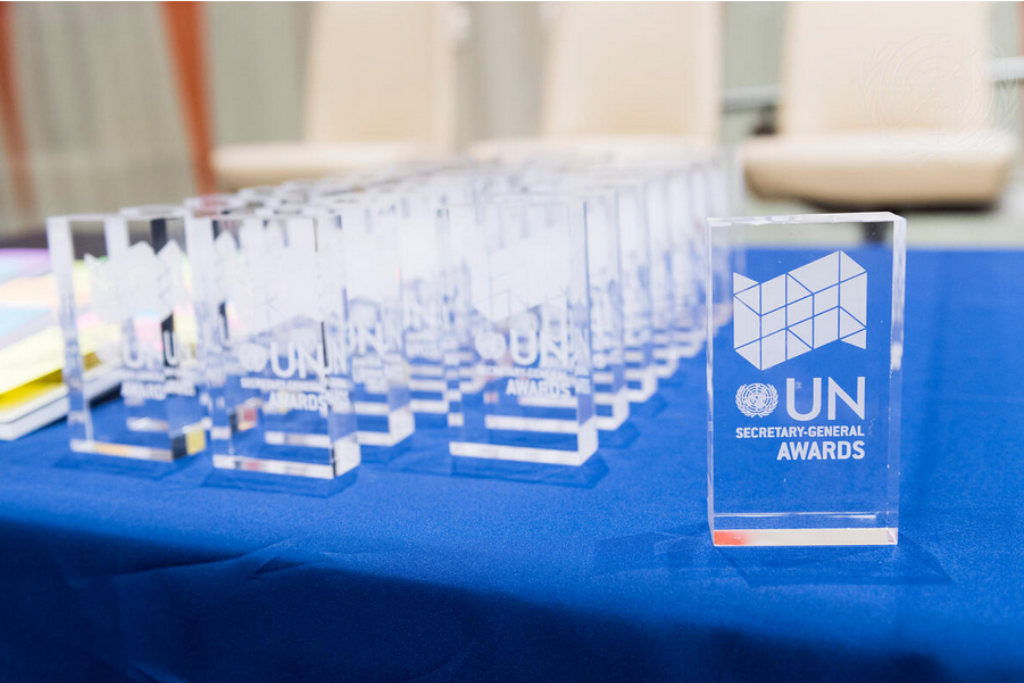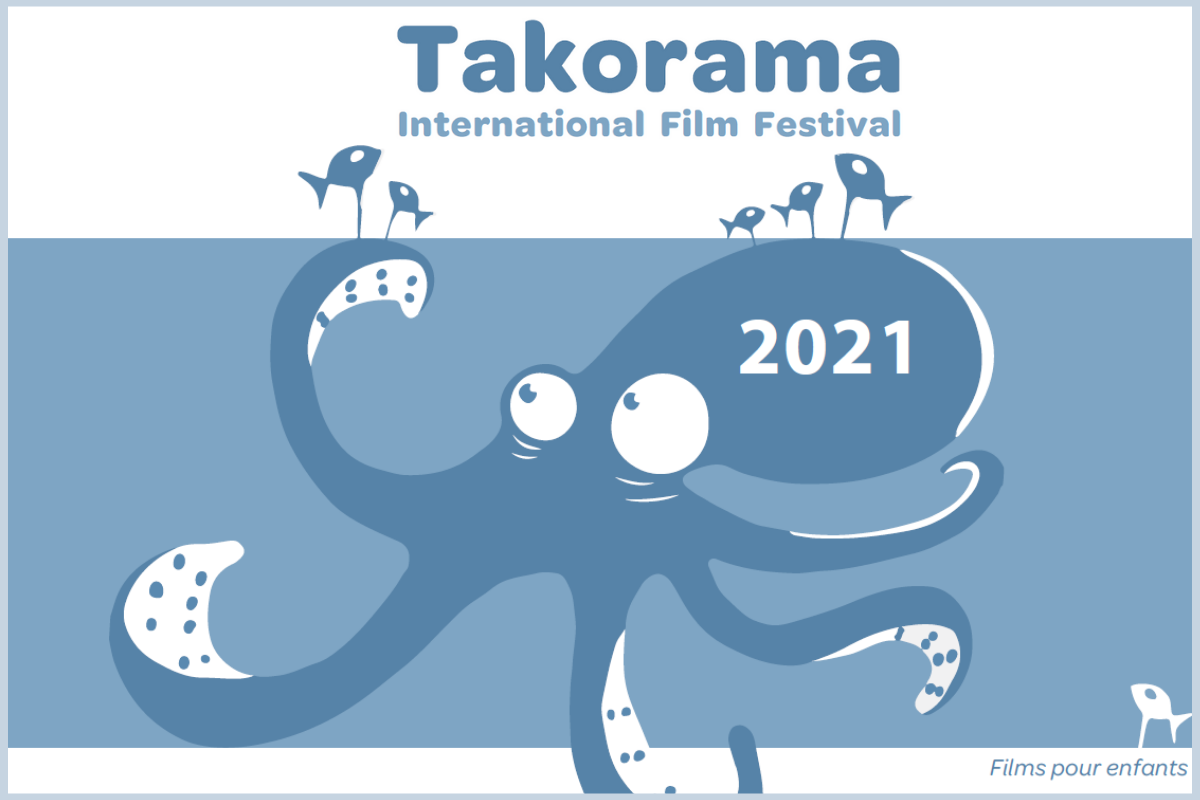UNODC takes E4J's Model UN Guide to India
21 September 2018 - At the invitation of UNODC's Education for Justice (E4J) initiative, in partnership with the organization Worldview Education, more than sixty leading Indian educators met this month in New Delhi, Hyderabad, Bengaluru, and Mumbai for a series of discussions on Model United Nations (MUN), and on E4J's Resource Guide which incorporates crime prevention, criminal justice and other rule of law aspects into MUN conferences.
Stressing the importance of students and teachers in strengthening the Sustainable Development Goals (SDGs), Suruchi Pant, Deputy Representative of UNODC's Regional Office for South Asia, noted: "I believe that change for a better tomorrow is only possible if it is championed by young leaders. In this direction, Model United Nations serves as an exciting platform for teachers, educators and students to promote basic human values of respect, compassion and ethics through the promotion of the SDGs. UNODC calls upon the youth and children of South Asia to join our efforts to make this region safer and peaceful for all."
Participating educators and school principals reflected at length on the need to engage students on human rights, peace and the rule of law, and on the major role schools can play in driving the global SDG agenda, creating young leaders through values-based education. While children are motivated and have an increasing interest in contributing to social causes, the challenge lies in effectively harnessing their energies for greater impact. Innovative and engaging exercises such as MUN Conferences offer tangible opportunities for children at the secondary and tertiary education levels to be educated on the SDGs and the United Nations.
|
Teachers shared examples of unique projects conceptualized and driven by students in their schools; these included interfaith dialogues to promote harmony, special classes for underprivileged children, anti-corruption awareness campaigns through art and music, participation in MUNs, and even film-making on relevant social issues. Educators also concurred that since discussions about youth and children are often done without them being a part of the dialogue, it was crucial to include them and their perspectives, and to join forces to trigger collective action on SDG16 which promotes peace, justice and strong institutions.
Addressing the attendees, Gilberto Duarte, UNODC Crime Prevention and Criminal Justice Officer, explained: "If we want young people to become agents of positive change in their communities, we have to make them aware of the issues and actively involve them from a young age. UNODC is committed to working with youth and educators to promote security, justice and peace in South Asia."
A number of schools in India were said to be embracing new teaching experiences, engaging with children to develop a sense of global citizenship. At the same time, many children are actively participating in dialogues on the issues around them, seeking meaningful platforms to learn about social issues and work towards solving them.
Taking the E4J agenda forward, UNODC has partnered with Worldview Education for the "MUN for India" programme that seeks to strengthen the MUN space in the country. As part of this programme, in 2018, 25 MUN Conferences will be held in 25 cities across India, with an expected attendance of over 6,000 students from more than 250 schools. At least two committee agendas in each of these MUNs will be designed in line with the E4J initiative, with trainers ensuring that all students and educators of participating schools are adequately prepared to educate all participants about issues such as crime prevention, criminal justice and corruption.
The UNODC Regional Office for South Asia is open to collaborate with schools that are interested in implementing the E4J initiative in Bangladesh, Bhutan, India, Maldives, Nepal and Sri Lanka. For more information, please contact unodc-e4jmun(at)un.org.
Additional information:
E4J MUN
E4J MUN Resource Guide
Worldview Education


